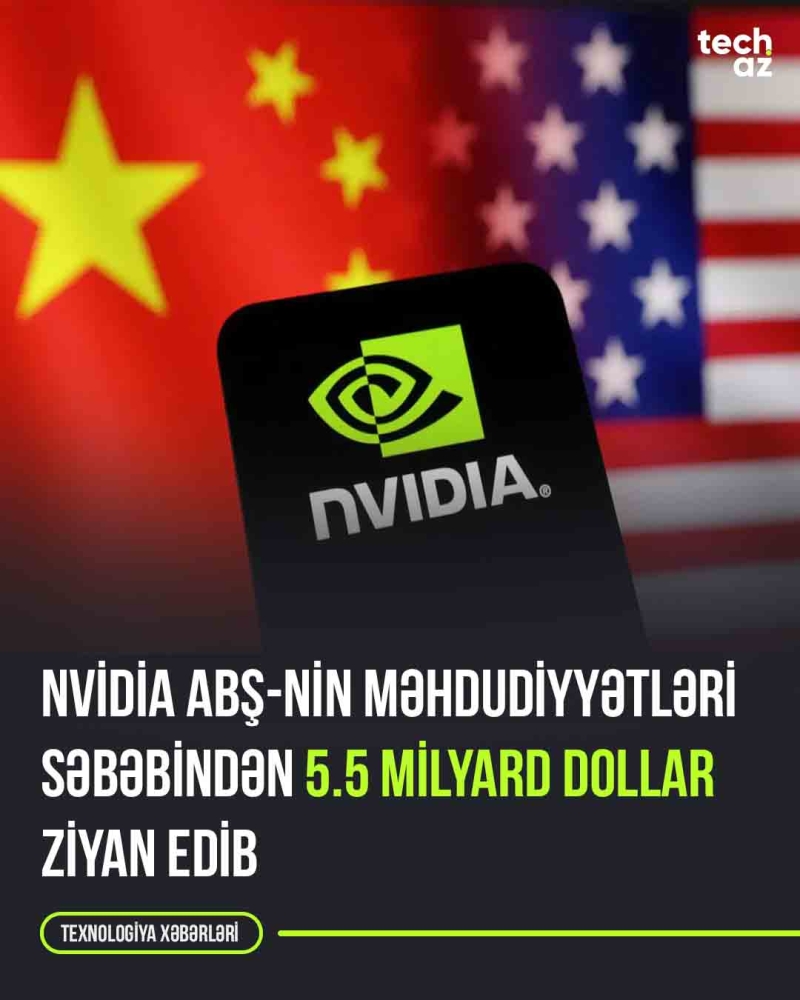Nvidia has announced that it expects to incur a $5.5 billion loss after the U.S. government restricted the export of its H20 artificial intelligence chip to China. The U.S. aims to maintain its leadership in the AI field by limiting the sale of advanced chips to China. As a result, Nvidia began designing chips that comply with the limits set by the U.S. government.
The H20 chip is Nvidia's most advanced chip available in China, and the company continues to sell it in an effort to maintain its presence in China's AI market. Although the H20 chip is slower in training AI models compared to Nvidia's other chips, it remains competitive in the inference process, where AI models deliver responses to users. However, the U.S. has restricted its sale due to concerns that the chip could be used in supercomputers. The H20’s high-speed memory and connectivity features make it potentially useful for building supercomputers in China.
Since 2022, the U.S. has implemented rules restricting the sale of chips for supercomputers to China. There have been claims that the H20 chip has been used in violation of these rules by some users. China's Tencent has denied these claims, stating that they have not built any "supercomputers."
Nvidia disclosed that the U.S. government informed the company on April 9 that a license would be required for the export of the H20 chip to China and that the restrictions would be in place indefinitely, starting from April 14. It is still unclear how many license applications the U.S. government will approve.
As a result of these restrictions, Nvidia has taken on $5.5 billion in reserves and related commitments. Additionally, Nvidia has revealed plans to invest up to $500 billion in AI server manufacturing in the U.S. over the next few years.







